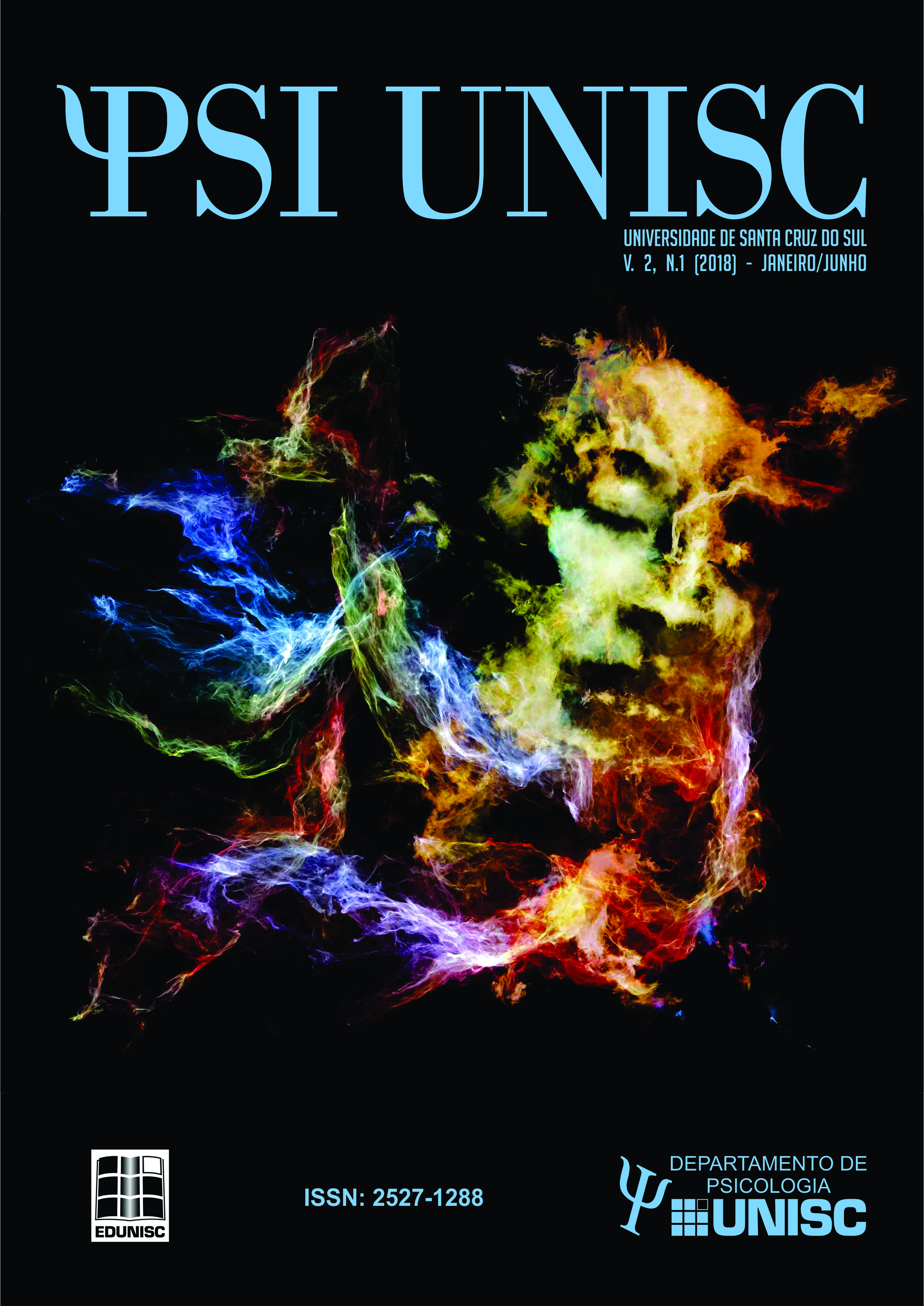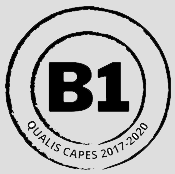The Relationship Between Happiness and Work: An Exploratory Study with Active and Retired Professionals
DOI:
https://doi.org/10.17058/psiunisc.v2i2.9840Keywords:
Work. Happiness. Well-being.Abstract
From the Positive Organizational Psychology, the studies of the organizations have been exploring subjects related to the subjectivity of the employees and their relation with the results of the companies. In this theoretical perspective, this research chose the themes Work and Happiness with the objective of identifying the relationship between these two concepts in the perspective of the workers. Through the qualitative - exploratory approach, with open and semi – structured questionnaire, twelve people, men and women, aged between 30 and 65 years old were interview. The sample consisted of six retired workers and six active workers, with at least 10 years of professional practice in the private sector. The analysis of the interviews was performed using the Content Analysis method. The conclusions are that respondents understand Work and Happiness from a perspective of personal fulfillment and mission of life. Those who have assessed their lives as happy relate their work life as a source of personal fulfillment and sense of existence. The results expressed a connectivity relation between the concepts of Happiness and Work, indicating interdependence between them.Downloads
References
Bardin, L. (2004). Análise de conteúdo. 3ª. Lisboa: Edições, 70.
Bendassolli, P. F. (2007). Felicidade e trabalho. GVexecutivo, 6(4), 57-61.
Borges, L. O., Alves-Filho, A., Tamayo, A. (2008) Motivação e Significado do Trabalho (in Siqueira – org) Porto Alegre: Artemed.
Chizzotti, A. (2006). Pesquisa qualitativa em ciências humanas e sociais. Vozes.
Coutinho, M. R. D. C. P. (2014). A felicidade no trabalho: implicações no valor da empresa e no indivíduo (Doctoral dissertation, Instituto Superior de Gestão).
Cunha, M. P., Rego, A., & Lopes, M. P. (2013). Comportamento organizacional positivo. Análise Psicológica, 31(4), 313-328.
Dicionário etimológico on line - http://www.dicionarioetimologico.com.br – acesso em 06 de novembro de 2015.
Fisher, C. D. (2010). Happiness at work. International journal of management reviews, 12(4), 384-412.
Kim-Prieto, C., Diener, E., Tamir, M., Scollon, C., & Diener, M. (2005). Integrating the diverse definitions of happiness: A time-sequential framework of subjective well-being. Journal of happiness Studies, 6(3), 261-300.
Lankshear, C., & Knobel, M. (2008). Pesquisa pedagógica: do projeto à implementação. Artmed.
Miquiluchi, J., & Gonçalves, M. D. G. C. (2013). Estudo exploratório acerca da subjetividade na mensuração do sentimento de felicidade no trabalho: a visão de funcionários de uma agência bancária do interior do estado de São Paulo. UNIVERSITAS, (8).
Rego, A., & Pina e Cunha, M. (2009). Do the opportunities for learning and personal development lead to happiness? It depends on work-family conciliation. Journal of Occupational Health Psychology, 14(3), 334.
Rego, A., & e Cunha, M. P. (2012). They need to be different, they feel happier in authentizotic climates. Journal of Happiness Studies, 13(4), 701-727.
Seligman, M. E. (2012). Florescer: Uma nova e visionária interpretação da felicidade e do bem-estar. Editora Objetiva.
Snyder, C. R., & Lopez, S. J. (2009). Psicologia positiva: uma abordagem científica e prática das qualidades humanas. Artmed.
Taranowski, C. J. (2011). A Review of:“Pryce-Jones, J.(2010). Happiness at Work, Maximizing Your Psychological Capital for Success.” West Sussex, UK: Wiley Blackwell, 241 pp. $19.95 (paperback). ISBN: 978-0-470-68942-4. Journal of Workplace Behavioral Health, 26(3), 271-273.
WELCH, J. (2005). Paixão por vencer: winning.
Downloads
Published
How to Cite
Issue
Section
License
The submission of originals to this journal implies the transfer, by the authors, of the printed and digital publication rights. The copyrights for the published articles are those of the author, with periodical rights on the first publication. Authors may only use the same results in other publications clearly indicating this journal as the medium of the original publication. Because we are an open access journal, we allow free use of articles in educational and scientific applications provided the source is cited under the Creative Commons CC-BY license.




